Search Results
Showing results 1 to 20 of 45
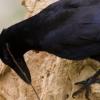
Grabbing a Bite to Eat
Source Institutions
In this activity, learners perform an experiment that replicates the dilemma faced by birds in acquiring food from a confined area.
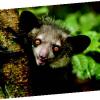
Aye-Aye
Source Institutions
This is an activity about the adaptations that allow the Aye-aye to survive in its habitat. Learners will explore how the Aye-aye collects food and how this is influenced by their specialized finger.
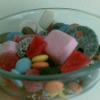
Candy Dish Natural Selection
Source Institutions
In this yummy biology activity (page 3 of the PDF), learners participate in a demonstration of natural selection.
The Earth's Timeline
Source Institutions
In this group activity, learners will mark important developments of life on Earth on a timeline (each foot in length representing 200 million years).
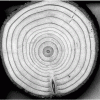
Trees: Recorders of Climate Change
Source Institutions
In this activity, learners are introduced to tree rings by examining a cross section of a tree, also known as a “tree cookie.” They discover how tree age can be determined by studying the rings and ho
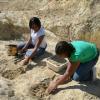
Shoebox Dinosaur Dig Site
Source Institutions
In this activity, (on page 6 of the PDF under SciGirls Activity: Dinosaurs) learners participate in a hands-on fossil excavation.
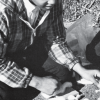
Food Grab
Source Institutions
In this outdoor activity, learners design devices that will catch prey or gather plants.
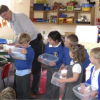
Natural Selection of Antibiotic Resistant Bacteria
Source Institutions
In this activity (p.3-4 of PDF), learners learn about disease transmission and antibiotic resistance.
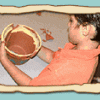
Piecing It All Together
Source Institutions
Learners create their own piece of history by decorating, shattering, and piecing together a flowerpot "artifact".
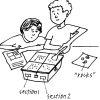
Pollen Tracks
Source Institutions
In this activity (on pages 30-36), learners simulate a dig for ancient pollen, to experience how paleobotanists study fossilized pollen in rocks to learn about early geological and climatological even
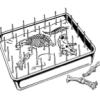
Classroom Dinosaur Dig
Source Institutions
In this activity, learners participate in a simulated dig to discover fossilized dinosaur bones. Learners take notes, make a map and propose theories about dinosaurs.
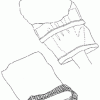
How Animals Stay Warm
Source Institutions
In this quick activity, learners explore how blubber protects animals from the cold by making a "blubber mitt." Using cooking shortening, two zip-top sandwich bags, and duct tape, learners simulate bl
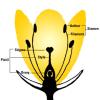
Partners in Pollination
Source Institutions
In this activity, learners identify the reproductive parts of plants and the animal (bee) structures involved in pollination.
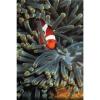
Underwater Hide and Seek
Source Institutions
In this activity, learners experience firsthand how marine animals' adaptive coloration camouflages them from prey.

Make Your Own Sea Otter
Source Institutions
In this activity about sea otters, learners make their own "otter whiskers" and use them to find objects underwater.
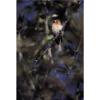
The Beaks of the Finches
Source Institutions
In this simulation, learners become birds different beak types. Learners use various tools to represent beaks to pick up seeds and place them in a petri dish.
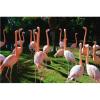
Feeding Facilitation: A Lesson in Evolution and Sociobiology
Source Institutions
This is an outdoor activity designed to demonstrate evolution of feeding behavior in flocking, schooling or herding animals that maximizes allocation of food resources and enhances survival.
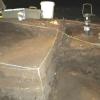
Looking Back Through Time
Source Institutions
In this activity, learners create their own archaeological profiles.
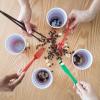
Bean-Counter Evolution
Source Institutions
In this simulation game, learners play as predators equipped with genetically different “mouths” (utensils) and hunt for “prey” (assorted beans).
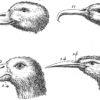
Bird Beak Buffet
Source Institutions
In this classic activity, learners investigate natural selection by becoming birds foraging for food on an island.
